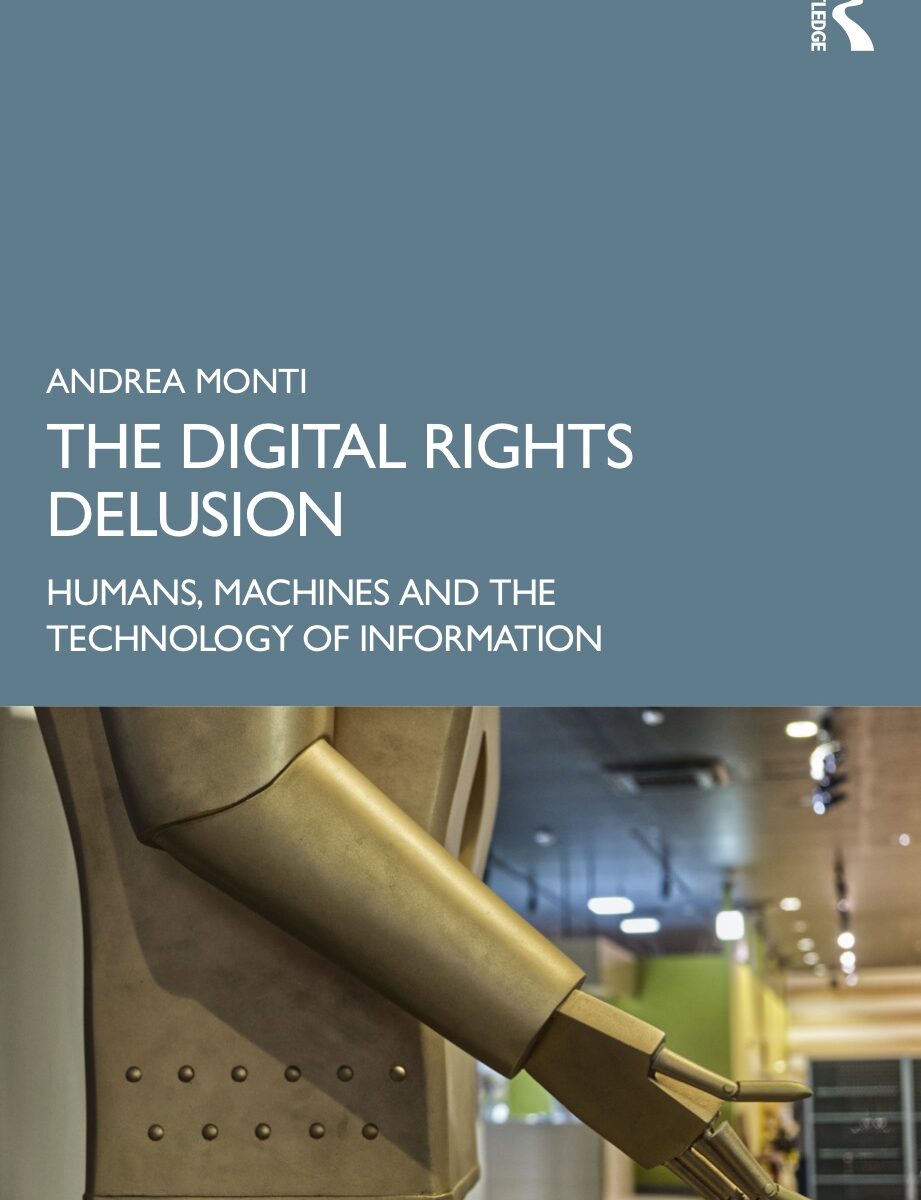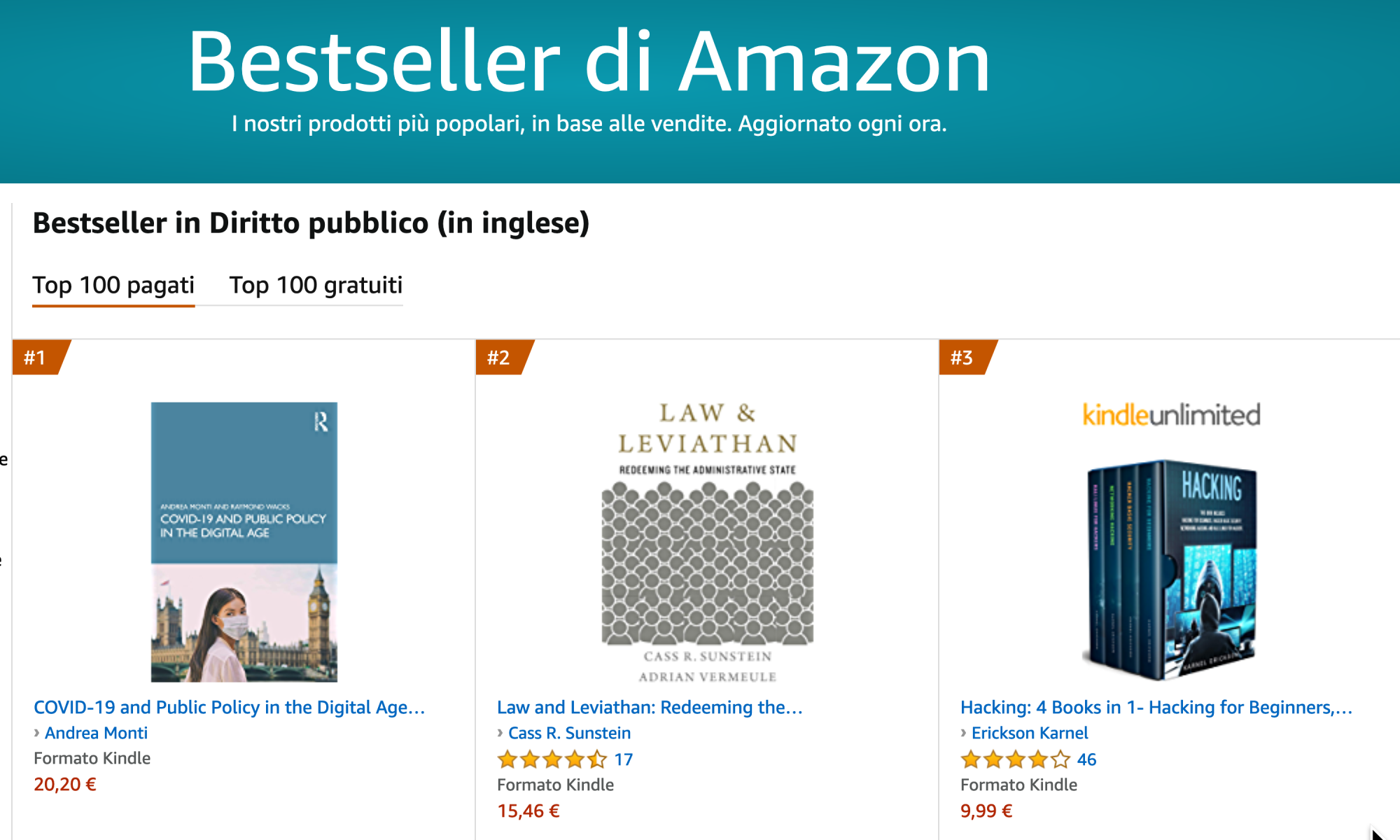This book examines the ever-increasing impact of technology on our lives and explores a range of legal and constitutional questions that this raises.
It considers the extent to which concepts such as ‘cyberspace’ and ‘digital rights’ advance or undermine our understanding of this development and proposes a number of novel approaches to the effective protection of our rights in this rapidly evolving environment.
Finally, it shows how the abuse of the adjective digital has demoted legal rights into subjective and individual claims.
The work will be of particular interest to scholars of privacy, artificial intelligence and free speech, as well as policymakers and the general reader.
Available on Routledge Website, Amazon.com and all other major online bookstores.




